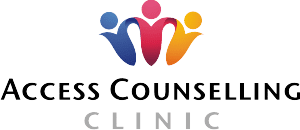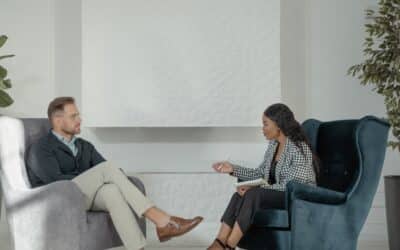If you are hesitant about getting relationship counselling, know that it is perfectly normal to feel this way. Many couples have the same reaction but for different reasons.
For some, it is all about being uncomfortable talking to a stranger about personal matters. To others, getting therapy is like an admission that the relationship is in shambles. Then, there are also those who doubt the effectiveness of couples counselling.
But while it is okay to react this way, don’t let it stop you from seeing a professional. Getting couples therapy is a step in the right direction. It provides invaluable lessons that won’t just benefit your union but you as an individual.
Relationship Counselling Works
Before we talk about the things you’ll learn in therapy, let’s allay concerns you may have about its effectiveness. Just like depression counselling or anger management therapy, relationship counselling works.
In one survey, around 97% of respondents said that the therapy sessions provided the help that they needed. In addition, over 80% shared that relationship counselling had a positive impact on their lives.
Hence, there is no reason to further doubt the efficacy of couples therapy. Ultimately, you can expect a favourable outcome for as long as you see a qualified professional and get counselling as soon as possible.
To ensure that you get the help you need, choose a counsellor trained and experienced in relationship counselling. Also, therapy should not be your last resort. Don’t wait for things to get worse before you talk to a professional. Studies show that outcomes are usually better for couples who get counselling early.
But the biggest predictor of relationship therapy success is the couple’s willingness to do the work needed. This means showing up to your appointment even if things aren’t great between you and your significant other. It also entails participating during the sessions – respectfully listening to what your partner and counsellor are saying as well as honestly sharing your perspective.
3 Valuable Things You Learn in Relationship Counselling
Both of You Have Triggers
Triggers are what you call things that set you or your partner off. Everyone has one and it is typically shaped by one’s experiences. These triggers can bring back bad memories and stir negative emotions or reactions.
Knowing what buttons you shouldn’t push when it comes to your partner helps minimise arguments. It is also equally important that you are aware of what your triggers are, so you can share them with your significant other and he can avoid them.
Moreover, knowing what upsets or angers you enables you to take better control of your emotions. You can take steps to alter how you respond to your triggers. Hopefully, you’d eventually stop having negative reactions to them.
Listening Is as Essential as Talking
Sharing what’s on your mind is important during each session. After all, counselling is supposedly a venue where you can openly talk about things without worrying about being judged. But talking is just one part of the equation. For this to work, you should also be willing to listen.
It can be difficult to sit still, say nothing and just hear out what your significant other has to say, especially if you don’t agree with what’s being said. But it’s all part of the process – respecting the other person’s perspective and trying to understand what’s causing them to think and feel that way.
Admittedly, a lot of couples fail to resolve issues on their own because both parties talk more and listen less. In relationship counselling, you’ll learn the value of active listening as well as how to communicate better.
It’s Not About Winning or Being Right
When things are not going well in your relationship, it is easy to focus on your partner’s flaws and failures. It is easy to blame him for the horrible state of your marriage.
You have to accept though that no one is perfect. Moreover, while your significant other may be responsible for the fire that’s ravaging your relationship, constantly blaming him won’t help.
So, instead of dwelling on what your partner lacks or what he failed to do, try to be compassionate. Remember, it’s not about winning arguments or being right but about understanding. Conquering the hurdles in your relationship can only happen when you stop the blame game and start putting yourself in your partner’s shoes.
Relationship counselling helps you and your partner grow, become better versions of yourselves. It lets you find answers on how to improve or save your relationship and live happier lives.
Are you considering getting relationship counselling? We have qualified counsellors who have successfully helped couples in Dublin improve the dynamics of their relationship. Call us on 015240708 or visit our website to schedule an appointment.



